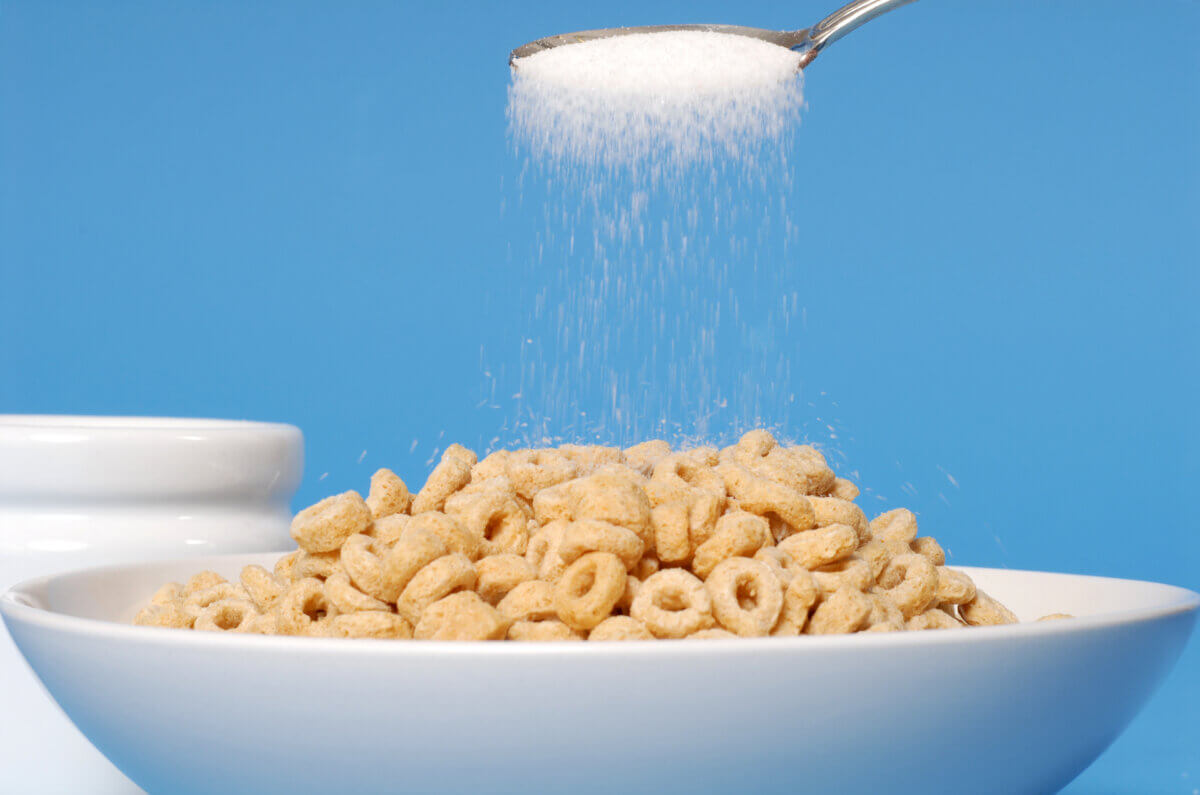Sugar is the most demonized substance in the food world out there. Diet culture fears it, and food companies love that it does. “Sugar-free” or “no added sugar” have become favorite terms in food marketing, continuously blaming all of society’s health problems on the sweetener.
So, is sugar really as bad as it seems? Let’s look at the common stereotypes people have about eating sugar and see what’s true.
What is sugar?
Sugar is a type of carb, just like fiber and starch. Most often, the term refers to table sugar, which combines glucose and fructose to make sucrose. However, sugar is an umbrella term that encompasses other kinds, like ones naturally occurring in fruits and milk products. When any sugar is digested, the body breaks it down into glucose.
Is consuming sugar bad for you?
Saying that sugar is “bad” is a blanket, incorrect statement that is missing context.
Sugar has a poor reputation when it comes to health. It occurs naturally in all foods that contain carbohydrates, such as fruits and vegetables, grains, and dairy. Consuming whole foods like these is not a bad thing, as the plant foods contain fiber to help digest the sugars more steadily, as well as vitamins, minerals, and antioxidants. A high intake of fruits, vegetables, and whole grains continues to show a reduction in chronic disease risk.
As with most things in nutrition, problems arise when there is an excess of any one food. The typical American diet is usually high in added sugar from snacks, cakes, cookies, sodas, and juices. It’s not the type of sugar found naturally in nutrient-dense plant foods. According to the American Heart Association, Americans eat 17 teaspoons of sugar on average every day. This is roughly two to three times over the recommended amount.
This distinction is always left out of the conversation when people say things like “sugar is evil.” There are lots of other flawed things the public says about sugar, including these three big “offenders”:
1. “Unrefined sugar is better for you.”
You may have heard that maple syrup, honey, turbinado, or coconut sugar are better alternatives are better for you than typical white, refined sugar.
Maple syrup and coconut sugar have a marginal amount of minerals that are retained, but they don’t contribute to your health picture in any significant capacity. When you choose coconut sugar to bake with over white, it’s still processed the same way as normal sugar would be in your body.
2. “Avoid sugar as much as possible.”
The idea that sugar is something to always be avoided is unnecessary as much as it is impractical. Even added sugar can be part of a healthy diet in the grand scheme of things as long as it isn’t eaten excessively. You shouldn’t feel like you’re going to ruin your health because you had one cupcake at work. This point also continues to miss the recurring point that sugar is in highly nutritious foods like fruits, vegetables, whole grains, and dairy.
3. “Sugar makes you fat.”
A caloric surplus is what leads to weight gain, period. Carbs have four calories per gram, while fat actually has nine calories per gram. Usually, foods that are high in added sugar are highly processed snacks, desserts, and drinks that have other things like fat and salt in them as well. The combination of ingredients in these foods makes them highly palatable and makes you more likely to overeat them.
Bottom Line
For decades, diet culture has pinned sugar as the root of all evil. That couldn’t be further from the truth.
Most people would benefit from eating less added sugar than they are right now, but we have to be careful not to discourage the consumption of naturally occurring sugars that are found in some of the most nutrient-dense foods out there.
- Adenman, mwanzo and andy2004
-

 3
3



Recommended Comments
There are no comments to display.
Join the conversation
You can post now and register later. If you have an account, sign in now to post with your account.
Note: Your post will require moderator approval before it will be visible.